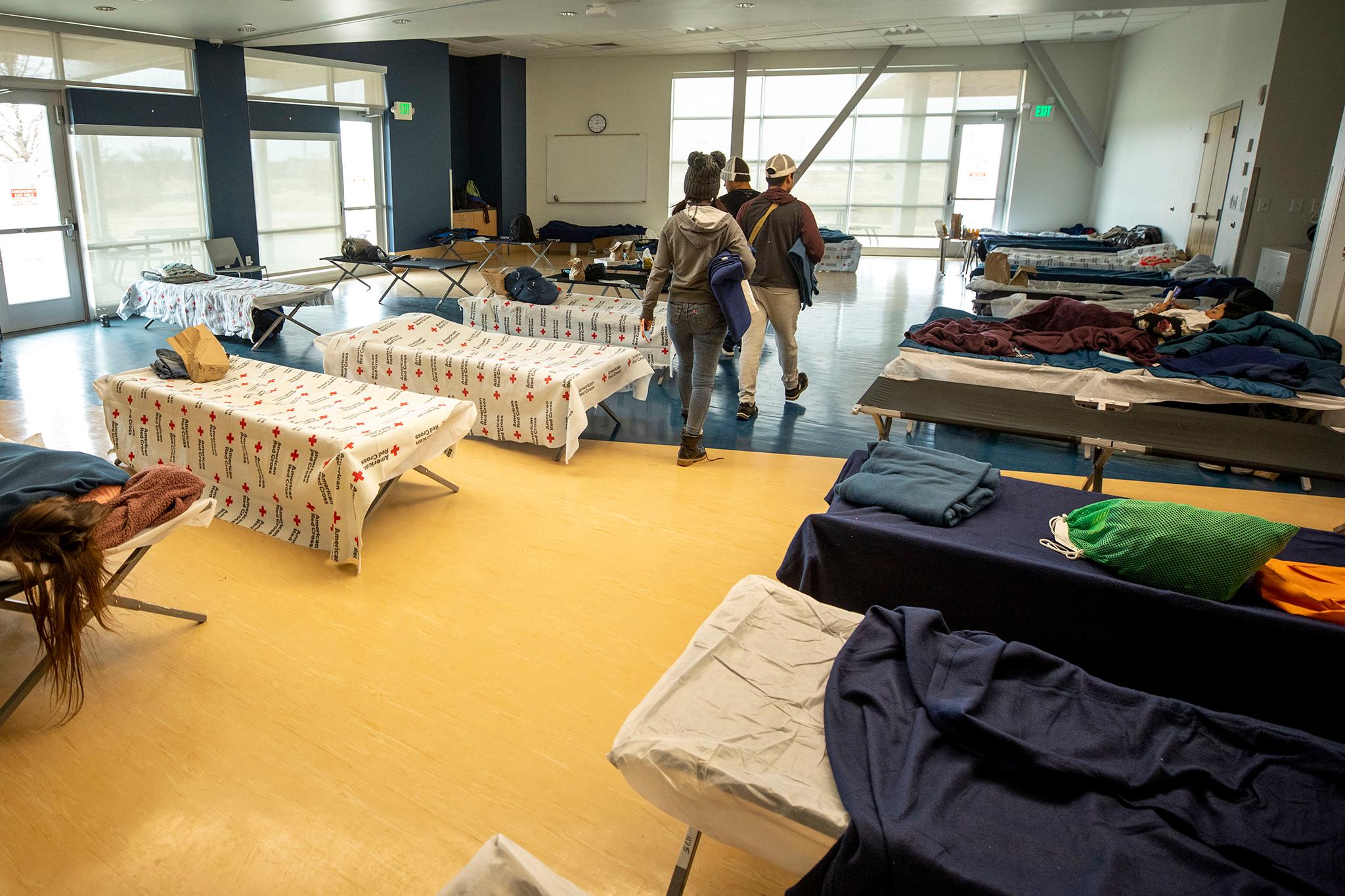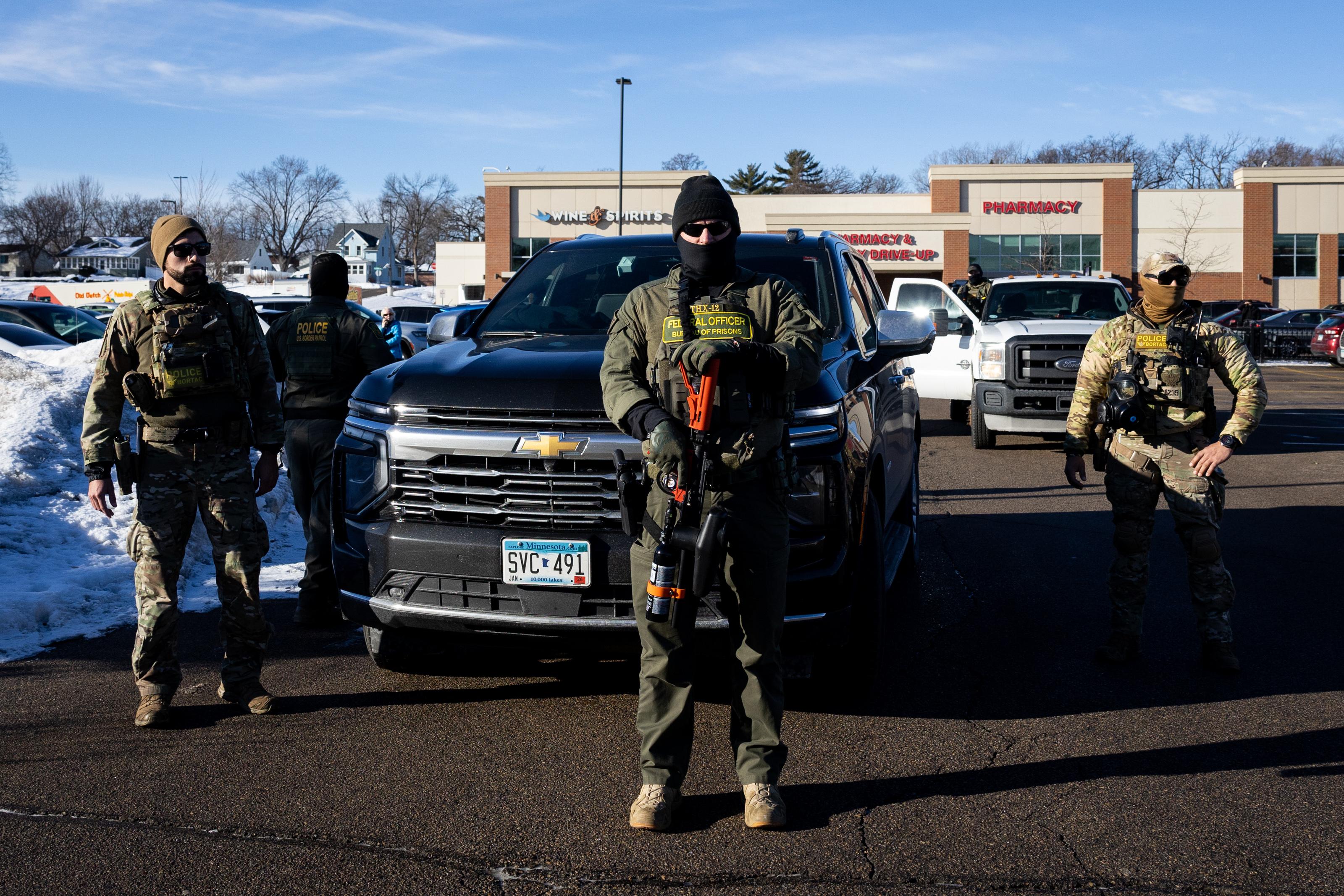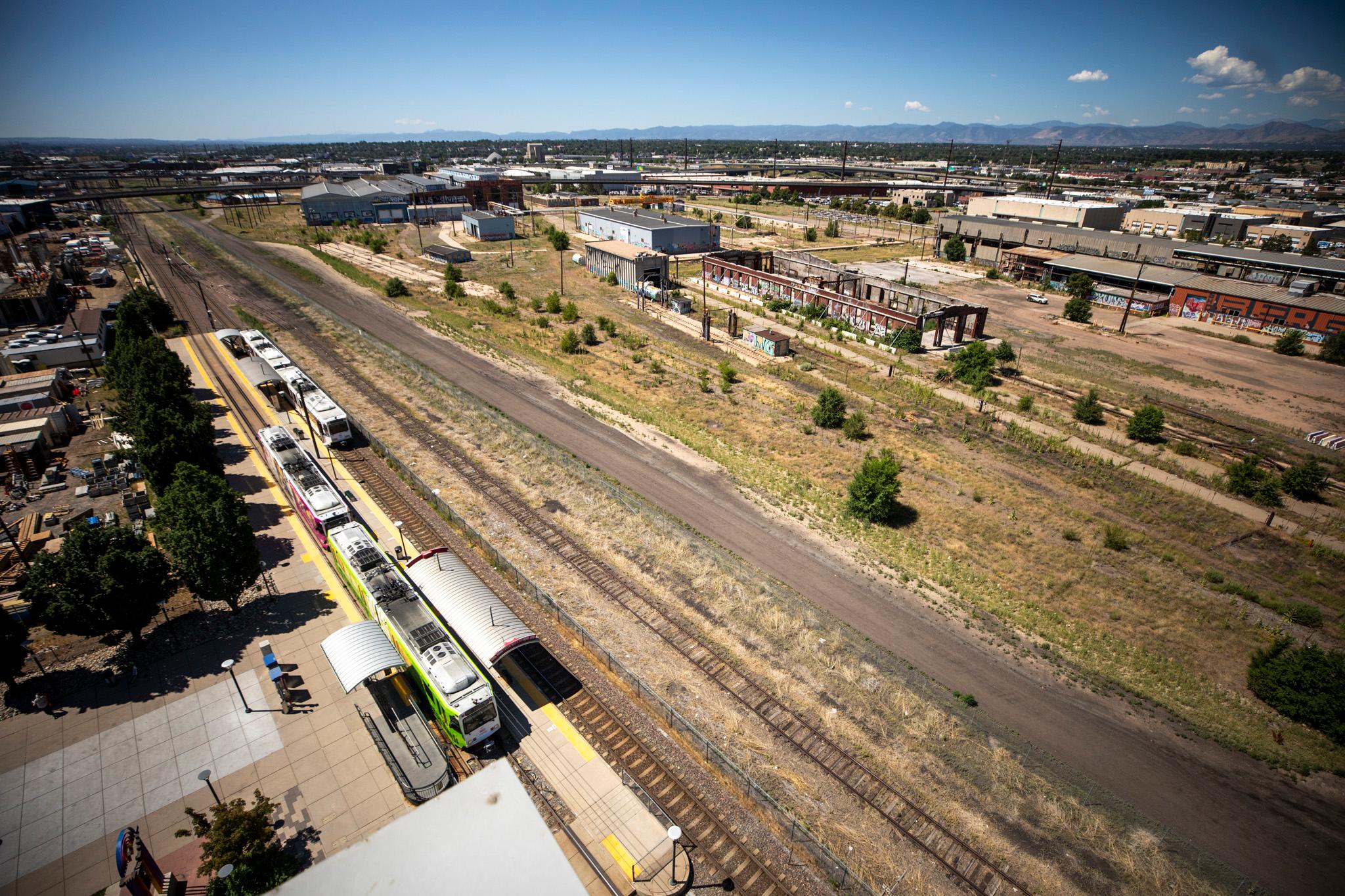After sheltering more than 6,000 migrants in recent months arriving from the border, Denver announced on Thursday that, after May 8, the city will not longer spend money to shelter people who have not encountered U.S. Department of Homeland Security officers.
The city said in a statement that funding limitation changes at the federal level now say "that certain federal funds be used to provide shelter and other services only to families and individuals" encountered by DHS.
After entering the U.S., even without authorization, some migrants encounter DHS officers, are processed and are given an Alien Number as they begin an uphill battle to gain asylum. An Alien Number is assigned by DHS to noncitizens that is used to track their case through the system.
A policy shift by the Biden Administration to bar people from Nicaragua, Haiti, Venezuela and Cuba from applying for asylum if they crossed into the U.S. unlawfully could limit the number of people who will be eligible to get help in Denver.
This marks a change in Denver's response so far to people arriving from the border.
As Denver started to see an increase of migrants in December, largely from Venezuela, the city instituted a state of emergency and has so far spent $12.7 million through offering shelter and services to people in rec centers and through private partners.
The city covered those costs through a mix of the city's general fund and budgets from agencies involved in the response. The city was also reimbursed $2.5 million from the state.
To date, Denver has not received reimbursements from the federal government, according to a city spokesperson, but officials indicated in December that they would seek to recover money from the feds for the aid the city was providing to people arriving.
Mayor Michael Hancock said in mid-December that the city was "taking copious notes and records of every expenditure we make so that we can follow the proper process at the state and federal levels to recoup those dollars."
But the federal rule change means the city won't be able to recover dollars it spends on arriving migrants who have not yet been assigned an A-number.
"This response has been in alignment with the city's values of inclusion, acceptance, and opportunity to maintain a welcoming city where everyone can feel safe and thrive," said a city statement Thursday. "While Denver's values have remained intact throughout this response, the ongoing reliance on the city's contingency budget is not financially sustainable."
Some advocates say that the city's shift is unacceptable and will lead to an unraveling of resources that have been built over months through work done jointly by both private nonprofits and city staff.
The move could leave dozens of newly arriving migrants directly on the street and competing for available shelter beds with unhoused Denverites, said Jen Piper, Interfaith Organizing Director of the American Friends Service Committee, a nonprofit that has been deeply involved in efforts to welcome and settle city newcomers.
"Mayor Hancock spent the Trump years committing Denver to be a welcoming city. Now the administration is asking people's immigration status, tracking their personally identifiable information and using that to deny services -- the antithesis of welcome," Piper said.
While arrival numbers began dropping in February, migrants continue to arrive in Denver. The city is currently sheltering over 600 people in its partner facilities. Thursday, 41 people arrived in Denver.
"The city will continue to connect everyone who arrives in Denver with support services and resources, regardless of immigration status," said the statement. "We continue to urge Congress to provide assistance to local communities who are disproportionately tasked with handling and managing what is a growing national humanitarian crisis."
Editor's note: This article has been updated with a comment from nonprofit American Friends Services Committee. It has also been corrected to reflect that the city has not received federal reimbursement.












